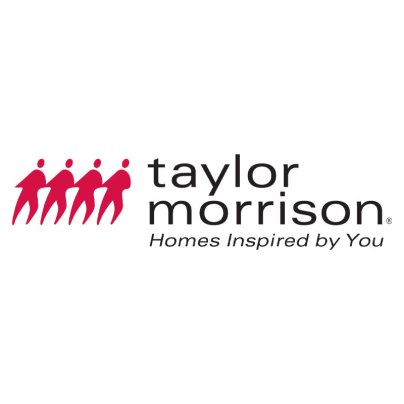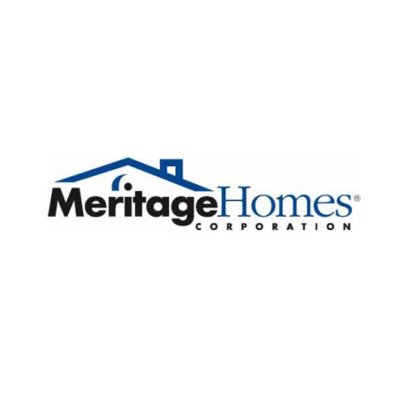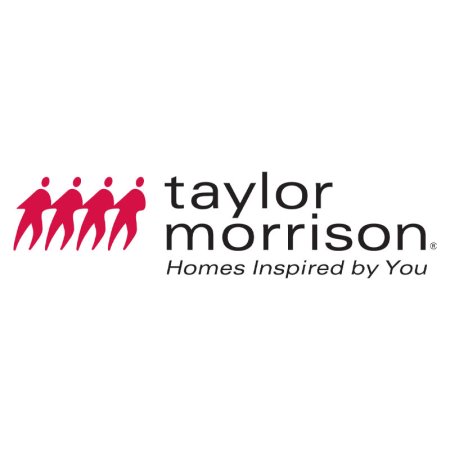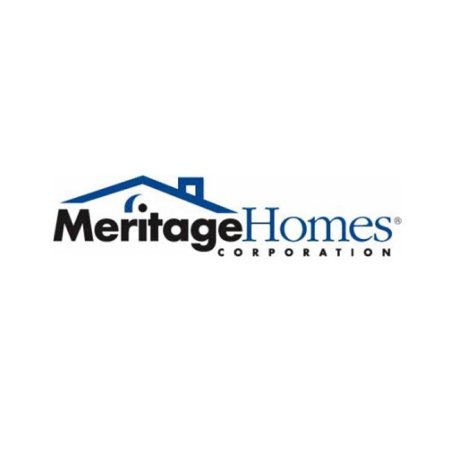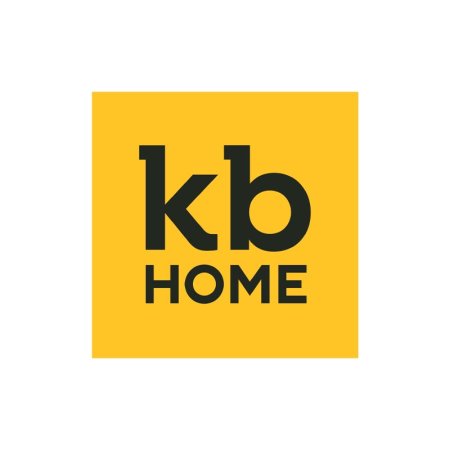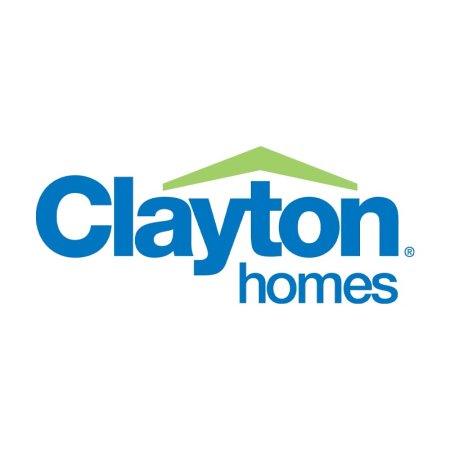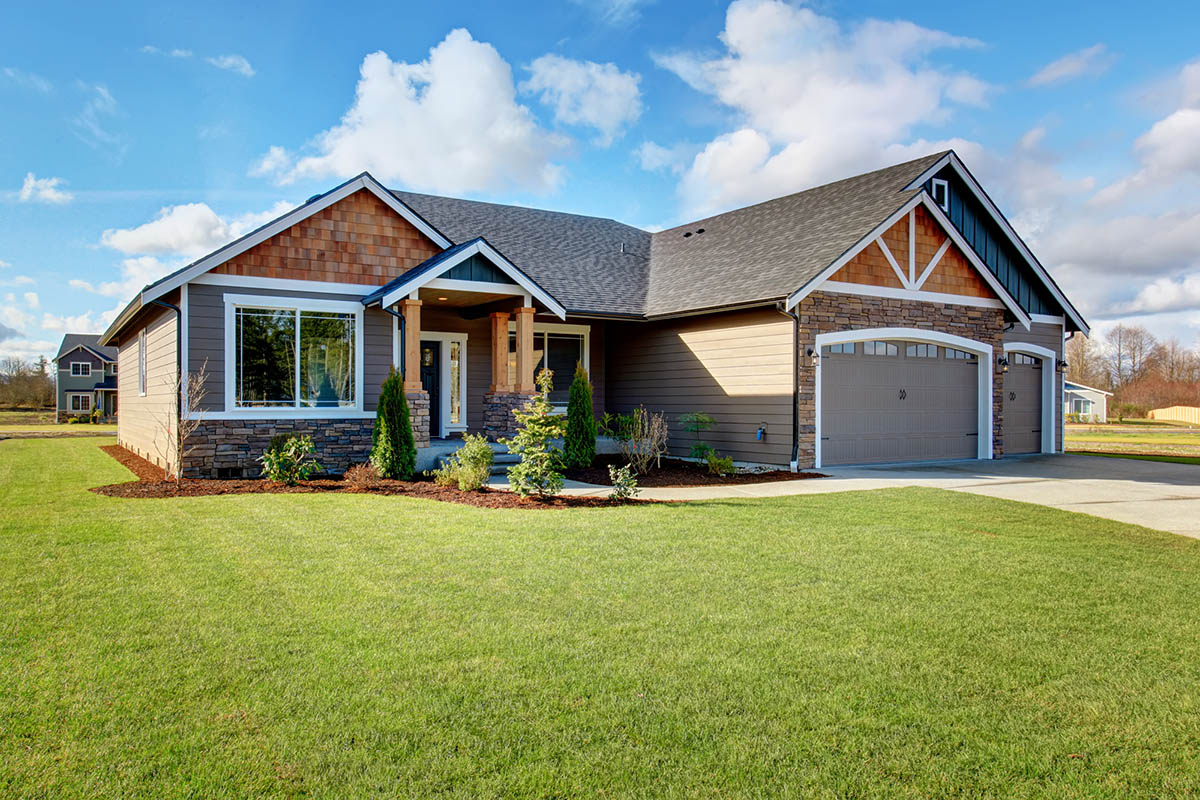
We may earn revenue from the products available on this page and participate in affiliate programs. Learn More ›
Whether someone is a first-time home buyer or customizing the house of their dreams after years of living in pre-build homes, building a new home is an exciting time. But it’s also expensive and complicated, and that future homeowner needs to know they’re choosing the right home builder to help accomplish their goals.
But what should someone shopping for a home builder look for? And how do they know which home builder is right for them? This guide will break down all of the most important factors to consider when shopping for a home builder, as well as list some of the best home builders for shoppers to choose from before they search for “home builders near me.”
- BEST OVERALL: Taylor Morrison
- BEST ECO-FRIENDLY HOMES: Meritage Homes
- BEST FOR CUSTOM HOMES: Schumacher Homes
- BEST FOR FIRST-TIME BUYERS: KB Home
- BEST FOR MODULAR HOMES: Clayton Homes
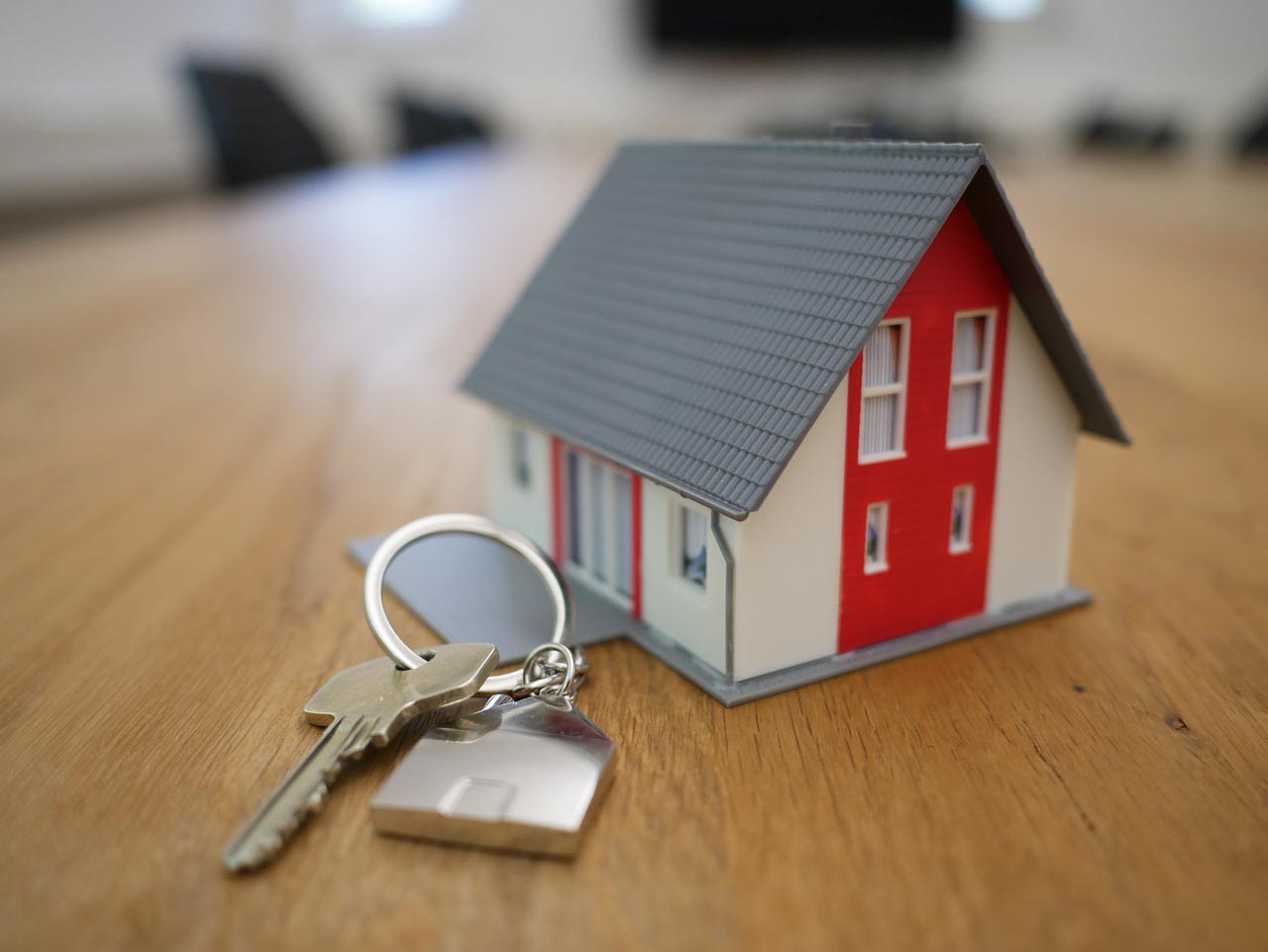
What to Consider When Choosing One of the Best Home Builders
When choosing a home builder, it’s important for people to do their research and understand what they need. Searching for “best home builders near me” can be a good start, but it shouldn’t be the only one taken before signing a contract with a home builder. The following are some of the most important factors to consider when choosing a company to build a new home.
Service Area
The first thing someone shopping for a home builder will want to do is look for a company that builds in the area they want to live in. Some companies will only work in certain areas or within specific development communities. Even companies with locations across the entire nation will often limit themselves to specific markets or communities. If the customer is looking to build outside of their preferred builder’s service area, they will need to look for an alternative builder to complete their project.
For home builders, a market would typically be a city and its surrounding area. A community would imply a specific area within a market, such as a development or subdivision.
Aspiring homeowners might first consider looking for areas they’d prefer to live in before choosing a home builder. For instance, many development communities will only allow two or three home builders to work in the community, so anyone who wants to live and build there has limited options to choose from.
Once the shopper knows where they want to live, it’s a good idea for them to visit the builder’s home center. These are essentially sales offices complete with all the different fixtures and finishes available to shop through to design a home. There, the shopper can get a better idea of the home builder’s style and options will work for their new home build.
Price Range
Homes come in all shapes, sizes, and price points. The price range is one of the most important factors to consider, as a shopper with an entry-level budget looking at a high-end home builder is a recipe for failure.
Customers will want to understand that there are essentially three price ranges: affordable, mid-market, and upscale. First-time home buyers might consider finding a home builder that works comfortably within the affordable range, or somewhere around $50 to $230 per square foot. For mid-market homes, shoppers can expect to pay between $100 to $400 per square foot. For upscale homes, home buyers could pay upward of $400 per square foot. It’s important for future homeowners to choose a builder who works within their budget so they don’t end up with a home they can’t afford to pay for.
Architectural Style
One of the biggest benefits of building a home is getting to choose the aesthetic that fits the homeowner’s style and tastes. For that reason, shoppers will want to consider the best builders that offer models with architectural styles to meet their preferences.
Home builders that work within certain communities typically offer a handful of designs or blueprints. It’s important that the homes in these communities match the others to make the development uniform and appealing. This is another reason a home buyer might consider finding a community that meets their tastes before settling on a home builder, since their floor plan options may be limited.
Custom vs. Production Homes
There are essentially two ways to go when building a new home, and they include hiring a custom home builder or going with a production-based company.
Custom home builders will typically work with the homeowner to create a one-off plan that meets their needs. This company will build on land purchased by the homeowner, and the homeowner can choose all the details that go into the home.
Production home builders have far fewer options. They’ll typically have a range of blueprints and designs to choose from, but customers are limited to those specific plans. Also, the companies may only build in communities, not on private land.
A production home build is typically faster and easier to start, as it starts with a basic set of plans that have already received approval. Custom home building requires the homeowner’s input on design, custom blueprints, and approval from local authorities before the project can break ground. This takes time, but the result can be the homeowner’s dream come true.
Energy Efficiency
Some home builders specialize in energy-efficient building, and this could be worth considering for shoppers who want to minimize their home’s carbon footprint. Special construction techniques like “green building” or using energy-efficient appliances and systems can make a significant difference in the homeowner’s energy bill and the home’s impact on the environment.
For homeowners who don’t know how efficient their homes are, there is always the HERS assessment system. HERS stands for Home Energy Rating System, and homeowners can hire a certified assessor to come to the home, test it, and assign it a score on the HERS scale. The HERS scale goes from 0 to 150; the lower the number, the more efficient the home. These tests take into account all exterior walls; floors over unconditioned spaces; ceilings and roofs; attics, foundations and crawl spaces; windows and doors; vents and ductwork; and HVAC and water heating systems.
Many of the best home builders’ completed projects come out far better than the average home on the HERS scale. This means that their homes are more efficient, and that could be an important factor for some shoppers, whether they are concerned about the environment or just want to save money on their energy bills.
Financing Options
Obviously, homeowners need to figure out how they’re going to pay to build their homes. Some home builders offer financing options through affiliate lenders, which makes it easier for prospective customers to get a loan for their homes. Other companies may require homeowners to secure financing from outside institutions. Each home builder has its own preferred methods. Shoppers will want to understand that many home builders will offer rebates or savings for going through their lender. This may make sense for some buyers, but in many cases, securing financing on their own may yield better rates which could save them money over the life of the loan. For example, a buyer might choose a construction-t0-permanent loan to help finance the building of their home and then turn their loan into a traditional mortgage once the build is complete. There are also other loan types for buyers who are financing a new home build; it’s recommended that buyers understand how construction loans work to determine whether this is the best option to help pay for their new home.
Consultations and Inspections
Regardless of whether the home is a production build or a custom project, there will be at least one consultation to get the ball rolling. During this pre-construction consultation, the customer will choose the floor plan and select the finishes. Any additions or tweaks to the design are typically discussed at this consultation.
As the project progresses, customers will have the option to schedule inspections with the builder. The buyer will show up on-site, walk through the project, and check that everything is going according to plan (literally). Different home builders will have policies about when and how often a customer can schedule these inspections, so it’s important for customers to ask those questions early in the process.
Warranties
Home builders have to warranty their work after the project is complete. Many choose to self-warranty the home, fixing any structural issues out of their own pocket that come up within a set period of time. Others may choose to use a third-party company to supply a home builder’s warranty.
In some cases, traditional home warranty companies won’t offer coverage until 2 or 3 years after the home’s construction. This means that any issues that arise within that initial window will need to be covered by the home builder regardless of whether they supplied builder’s risk insurance.
Customers should note that home builders’ warranties typically cover structural issues. Issues with appliances, mechanical systems, and other fixtures are typically covered by a mechanical or manufacturer’s warranty. Homeowners may also consider a new construction home warranty to help pay for any items that go wrong with the home that aren’t covered by the builder’s warranty or a product warranty.
Our Top Picks
Customers looking for the best home builder have a lot to consider before it’s time to shop. To help narrow down the long list of choices, below are some of the best companies to hire for building homes in a variety of markets and communities.
Best Overall
Taylor Morrison
Pros
- 7-time winner of America’s Most Trusted Home Builder
- Online, self-guided home tour options
- Easy-to-use property listing search feature
- Convenient virtual home-design platform
- Temporary housing accommodations available
Cons
- Warranty information not readily available
- Service area: 341 communities
- Price range: Affordable, mid-market, and upscale
- Custom vs. production homes: Production homes with personalization options
- Financing options: Loans available through affiliated partner
- Warranty: Not specified
Why It Made the Cut: Taylor Morrison’s widespread service area along with award-winning recognition and tech-friendly design process makes it one of the best home builders. Whether a potential home buyer is looking to build a starter home or their forever home, Taylor Morrison can help. This production home builder works in over 341 communities in 10 states, offering residential building on both the East and West coasts. The company is a seven-time winner of America’s Most Trusted Home Builder, and it produces personalized production homes in several price ranges. Customers working with Taylor Morrison have the opportunity to take online, self-guided home tours to compare plans and designs. There is even a convenient virtual home design platform that allows the user to get the ball rolling by designing their own home online instead of doing everything at a home center. Customers are advised that warranty information is not readily available, so they may want to ask a representative to provide them with specific information. Taylor Morrison provides loans through a third-party affiliate partner, as well as temporary housing accommodations for customers who might need to move out of their old home before the new one is ready.
Best Eco-Friendly Homes
Meritage Homes
Pros
- Climate-sealed homes built with water-saving features and UV-blocking windows
- Move-in ready and customizable home options
- Relatively low average HERS score of 61
- Several-time recipient of the Energy Star Partner of the Year award with the Energy Star Sustained Excellence Award distinction
- First national builder to become EPA Indoor airPLUS qualified
Cons
- Buyer resources can be somewhat difficult to navigate
- Service area: 20 markets
- Price range: Affordable to upscale
- Custom vs. production homes: Production homes with personalization options
- Financing options: Loans available through affiliated partner
- Warranty: 10-year structural warranty, 2-year mechanical systems warranty, 1-year functional warranty
Why It Made the Cut: Meritage Homes’ eco-friendly design and construction process creates homes with average HERS scores of 61, and the company is a several-time recipient of the Energy Star Partner of the Year Award. Home buyers looking for one of the best new home builders specializing in eco-friendly practices will want to consider Meritage Homes. This home builder is available in 20 markets and builds affordable to upscale production homes with personalization options, as well as move-in-ready homes. Meritage has some eco-friendly accolades worth mentioning. The company is a several-time recipient of the Energy Star Partner of the Year. It’s also the first national builder to become EPA Indoor airPLUS qualified. On top of the awards, the average Meritage home receives a relatively low HERS score of 61. Much of this is due to Meritage’s climate-sealed homes, water-saving features, and UV-blocking windows. Customers will want to note that warranty and financing resources aren’t easy to navigate, so they may need to consult a representative to answer their questions. However, loans are available through Meritage’s affiliate partner, and Meritage Homes come with 10-year structural warranties, 2-year mechanical systems warranties, and 1-year functional warranties.
Best for Custom Homes
Schumacher Homes
Pros
- Custom houses built on the buyer’s land of choice
- Land purchasing transaction assistance available
- Homes guaranteed as move-in ready within 195 to 255 days of foundation completion
Cons
- Limited selection of home finishing brands and appliances available for installation
- Service area: 23 markets
- Price range: Mid-market to upscale
- Custom vs. production homes: Custom homes, production homes with personalization options
- Financing options: Loans available through affiliated partner
- Warranty: 10-year structural warranty, 2-year mechanical systems warranty
Why It Made the Cut: Schumacher Homes provides home buyers with completely custom homes on their own property, with guaranteed completion dates and land-purchase assistance. Folks who yearn to build their dream home on the perfect property may want to consider using Schumacher Homes. This custom home builder works in 23 markets to build custom and production homes in the mid-market to upscale price points. Schumacher will build a home on the customer’s land, making it a good choice for shoppers who don’t want to build in a new community or subdivision. The company will even assist the customer with finding and purchasing the land, and it offers financing options through its third-party affiliate partner. Once the foundation is complete, Schumacher guarantees that the home will be move-in ready within certain time frames: 195 days for homes up to 3,500 square feet and 255 days for homes up to between 3,501 and 5,000 square feet. There is a somewhat limited selection of brands the company will work with for appliances and finishes. However, the company provides a 10-year structural warranty and a 2-year mechanical systems warranty on its completed homes. Customers searching for “best custom home builders near me” will want to consider Schumacher Homes.
Best for First-Time Buyers
KB Home
Pros
- Relatively affordable home purchase prices
- Relatively affordable base floor plan upgrades
- Relatively low average HERS score of 50
Cons
- Upgrade and finish customizations may be somewhat limited
- Service area: 45 markets
- Price range: Affordable
- Custom vs. production homes: Production homes with personalization options
- Financing options: Loans available through affiliated partner
- Warranty: 10-year limited structural warranty, 2-year limited mechanical systems warranty, 1-year limited workmanship and materials warranty
Why It Made the Cut: KB Home’s affordable price point and widespread market coverage make the company a great choice for first-time home buyers searching for one of the best quality home builders. First-time home buyers who’d prefer to build their own home rather than purchase an older home off the market should consider KB Home. Not only does KB Home offer production homes within communities in 45 markets, but it also offers affordable prices that generally fall below the market’s median. KB Home offers production-style homes with customizable upgrades, allowing homeowners to pick their floor plan and tweak it to fit their needs (to a degree, as customizations are limited). Most of KB Home’s floor plans are relatively affordable, as are the base floor plan upgrades, allowing customers to get into a brand-new home without getting in over their heads. To help, KB Home offers financing through its affiliated partner. One of the most appealing factors of working with KB Home is its relatively low average HERS score of just 50, making a KB Home purchase even more affordable to own thanks to decreased energy costs. Finished homes feature a 10-year limited structural warranty, a 2-year limited mechanical systems warranty, and a 1-year limited workmanship and materials warranty.
Best for Modular Homes
Clayton Homes
Pros
- Builders specialize in modular and manufactured homes
- Easy-to-use online tool to search for land for sale
- Arbor Day Foundation partner
Cons
- Relatively limited base warranty of 1 year
- Clients must opt for an independent lender for financial assistance
- Service area: 350 home centers
- Price range: Affordable
- Custom vs. production homes: Production homes with personalization options
- Financing options: Outside lenders accepted
- Warranty: 1-year limited warranty; 5-year and 10-year warranties available for purchase
- Affordable: $100,000 to $460,000
- Mid-market: $200,000 to $800,000
- Upscale: $800,000 and beyond
Why It Made the Cut: Clayton Homes builds affordably priced modular homes across the eastern part of the U.S., with over 350 home centers in 11 states for shoppers to visit. Folks who’d prefer to go the modular or manufactured route for home building might give Clayton Homes a look. This home builder specializes in modular homes and manufactured housing, but the company gives customers an opportunity to customize the plans slightly to better fit their needs. Clayton Homes makes most of the home-building process easy with over 350 home centers in 11 states across the Eastern U.S. Clayton Homes’ pricing is relatively affordable, and since it focuses on manufacturing, it’s able to design and build these homes to HUD code without sacrificing looks or finishes. As far as financing goes, Clayton Homes doesn’t offer anything in-house, so home buyers will need to secure their own financing. Also, the warranties are relatively limited. There is a 1-year limited warranty, and 5- and 10-year warranties are available for additional purchase. Clayton Homes is also committed to sustainability. This home builder is a member of the Arbor Day Foundation and plants two trees for every tree it uses each year. This means Clayton Homes is responsible for planting over 2.33 million trees on average each year.
Our Verdict
For folks looking for a production home with a personalized touch, Taylor Morrison’s widespread service area and price range make it the overall top choice. Customers who prioritize eco-friendly builds will want to look into the offerings of Meritage Homes.
How We Chose the Best Home Builders
There are many great home builders across the country, which makes it hard to narrow the list down to just a few. In our recommendation, we wanted to make sure we were suggesting widely available options that the majority of home shoppers could choose from.
After assessing service areas, we compared the types of homes each builder specializes in, including the styles and price range. Next, we looked for businesses that build in communities and those that build on private land. We then considered things like warranties, financing, and accolades earned within the home-building industry. This left us with the options on this list standing as some of the best home builders.
Before You Hire One of the Best Home Builders
It’s important that shoppers understand their options before hiring a home builder. Purchasing an existing home is often a reality, and the process can be faster and just as satisfying. Also, customers will want to carefully consider the merits of custom vs. production homes. While custom homes may seem like the dream, they’re often expensive and time-consuming. Production homes are generally less expensive, and with some personalized touches, they can become a dream home (though they often blend in with other homes in the community). Knowing which route to go is a huge part of deciding on a home builder.
The budget will need to be a paramount decision-maker for home buyers. Renovations to an existing home can run over budget, and so can home building. For the best bet against budget overruns, buyers may choose to go with a production builder within a community. However, shoppers who decide on a custom home may want to scale the project back to a very reasonable price point as issues will inevitably arise. Working with one of the best custom home builders will help customers stay on track, but budget overruns are always a possibility.
Cost of Hiring One of the Best Home Builders
The three general price ranges involved in home building are affordable, mid-market, and upscale. Affordable homes will often feature builder-grade materials like laminate countertops and vinyl floors or carpeting. Mid-market might feature higher-price finishes like tile and hardwood floors, stone countertops, and upgraded appliances. Upscale homes will feature luxury-grade flooring, countertops, windows, doors, hardware, and other finishes.
For affordable homes, folks can expect the cost of hiring a home builder to be approximately $50 to $230 per square foot. For mid-market homes, this range is around $100 to $400 per square foot. For an upscale-style home, the prices typically start beyond $400 per square foot.
Using 2,000 square feet as the baseline, the cost of hiring one of the best home builders will be:
The Advantages of Hiring One of the Best Home Builders
The best house builders typically specialize in creating energy-efficient homes, using the HERS scale as a baseline. They’ll offer modern appliances designed to conserve fuel, water, and electricity, as well as effective insulation systems and modern building techniques. This not only saves the homeowner money in the long run but also lessens the home’s impact on the environment.
Working with one of the best home builders also means that homeowners can move in and feel confident that if there are particular issues on the horizon, those issues are likely covered by a warranty. Whether the home builder warranties the home themselves or hires a third party doesn’t matter, as the homeowner knows the cost of repairs won’t come out of their own pocket.
Working with certain home builders can actually save the shopper money. In many cases (particularly in production building), home builders are able to purchase materials in bulk, get their designs approved ahead of time, and purchase land for less. All of those cost savings can be passed on to the customer, allowing new construction homes in certain areas to cost less than the median home sale price.
- The best home builders typically build energy-efficient homes.
- The best home builders usually offer home buyers a warranty to fall back on should certain issues arise.
- The best home builders can access bulk materials purchase, lower land prices, and faster design approval, which often means cost savings for the customer.
FAQs
Choosing the best home builder might still feel overwhelming, and there could still be some questions floating around. The following are some of the most frequently asked questions customers have when searching for “builders near me.”
Q. Who is the best home builder?
The answer to that question depends on a number of factors such as budget, service area, and home style. However, any one of the builders on this list is capable of delivering a project that the homeowner will love for many years.
Q. How long will a newly built house last?
Homes require regular maintenance and care, regardless of whether they’re brand new or quite old. However, folks who care for their homes can expect them to last over 100 years.
Q. Do new builds go up in value?
New builds can go up in value, but it’s dependent on many, many factors. Homes built in down markets will appreciate along with the rest of the market—so as long as the home buyer was able to negotiate for competitive pricing, the value will increase when the market climbs. However, homes built at the height of the market can plummet in value tremendously.
Q. Do new builds come with flooring?
Most new builds come with basic flooring options like vinyl floors, ceramic tile, and carpet. However, upgrading to a more luxurious tile or hardwood is almost always an option.
Q: What should I ask when buying a new build?
There are a few very important questions to ask:
- Do you offer a warranty?
- How long will the project take?
- Can I customize the blueprints?
- Do you offer financing?
- What are the consultation and inspection terms like?
Q. What is not included in a new build?
Generally speaking, the price of a new build includes items within the home. Decks, fencing, landscaping, site work like clearing and grading, and some appliances may not be part of the builder’s price.
Q. Do new builds depreciate in value?
New builds can depreciate in value if they’re built at the top of the market. New homes follow the same market curves as existing homes, including the cost to build, so much of this is dependent on the market at the time of building.
